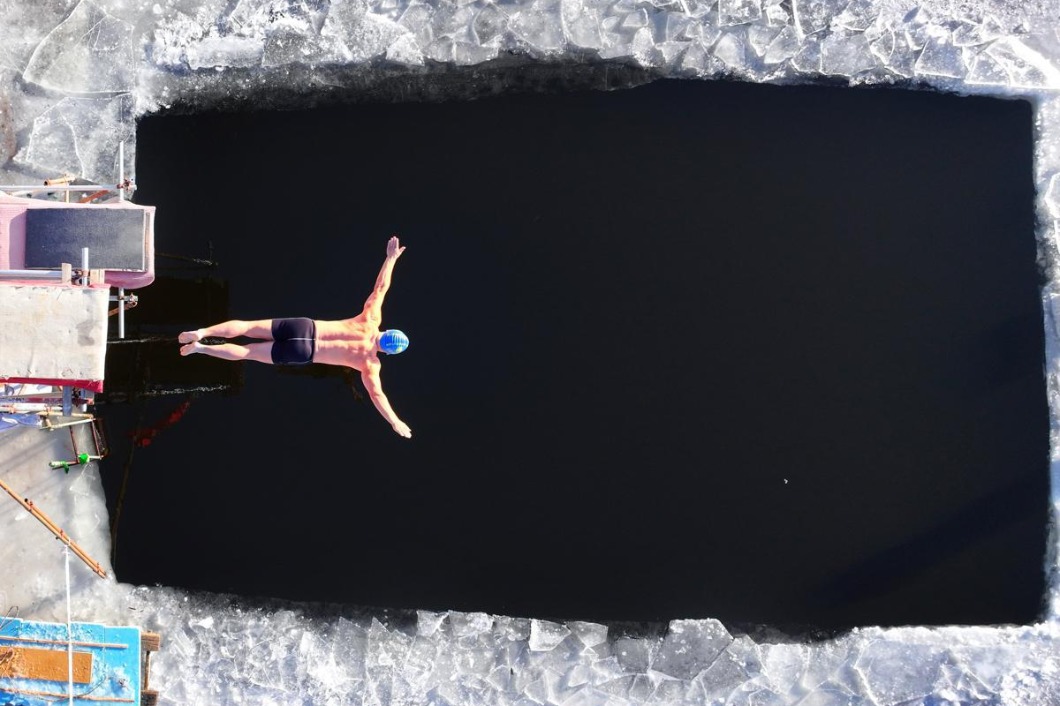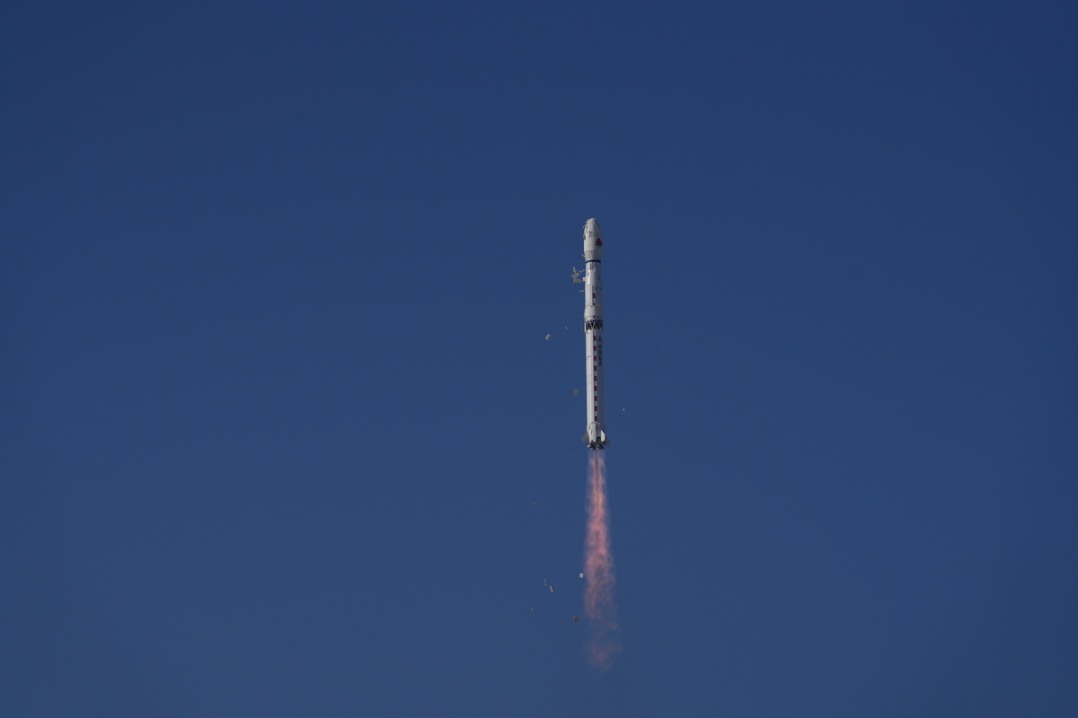Open letter calls for greater scientific collaboration


Some 260 Chinese and foreign scientific communities have signed an open letter calling for more openness, trust and cooperation in the use of science and technology to better serve humanity, and contribute to our progress toward sustainable development.
The open letter was published on Sunday during the closing ceremony of the 3rd World Science and Technology Development Forum in Beijing. It said that science and technology are the fruit of collective wisdom and the common heritage of humankind.
"As the main contributors and facilitators of scientific and technological innovation, we, the scientific and technological community call for solidarity and cooperation in enabling science and technology to better serve the well-being of humankind, to benefit all with leaving no one behind, and to contribute to the sustainable progress of human civilization," the letter reads.
The five main components of the letter are striving for excellence and encouraging innovation; promoting openness, inclusiveness and sharing; advocating for sincere cooperation, equality and trust; strengthening exchanges, learning and collaboration; and fulfilling responsibilities and completing missions.
Peter Gluckman, president of the International Science Council, said the council gladly supports the call for openness, trust and cooperation highlighted in the letter, as this is in line with its own principles.
The emergence of more interdisciplinary research, and a multicultural and multiethnic scientific work force, will lead to more diversified work, he said, adding this will ultimately benefit everyone on Earth.





































